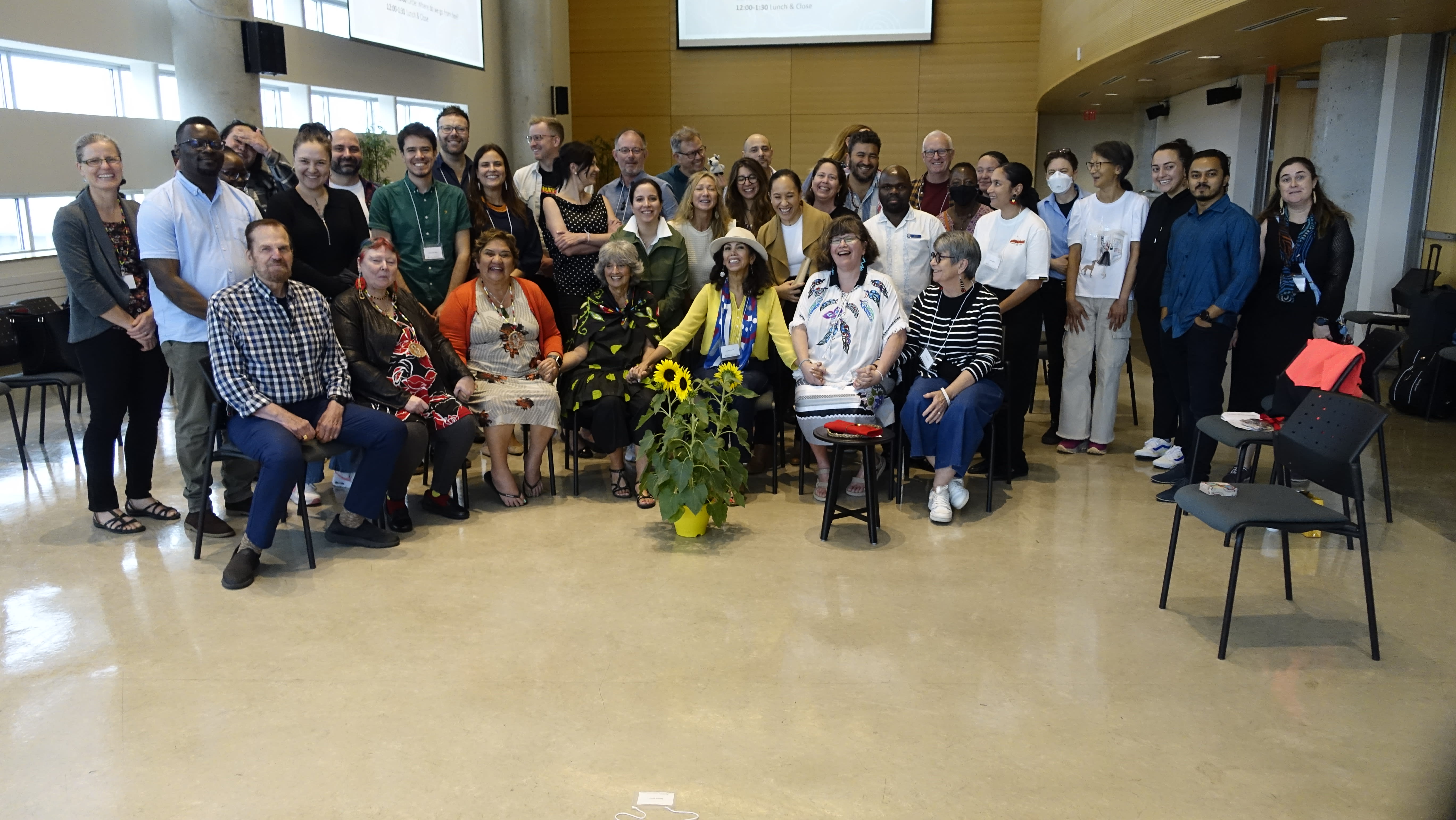Mayur Joshi was hired over the summer as an assistant professor in information systems at the Telfer School of Management. He earned his PhD at Western University’s Ivey Business School. Before joining Telfer, he was a lecturer at the University of Manchester’s Alliance Manchester Business School. Prior to entering academia, he worked as a banker.
We interviewed Prof. Joshi to learn more about his research interests.
Why did you choose to study information systems? Any personal motivation?

Well, I wanted to change the world. Prior to entering academia, I worked as a banker. In that position, I witnessed several technology implementation projects. These experiences led me to realize that there should be a way for organizations to adopt and implement digital technologies more systematically and efficiently.
Back then, I believed that a PhD in information systems would help me find such better ways. Although after I had gone back to school, I realized that changing the world would be a much bumpier and longer path than I had anticipated. An important aspect of that quest would be to first understand why the world works the way it does. Hence, my focus has been on understanding how emerging digital technologies shape and are shaped by organizational practices, processes and strategies.
How does your PhD training inform your current research program?
My PhD training focused on two main things: the organizational theories that management and information systems scholars employ to explain the world of digital technologies, and exploration of how organizations actually employ those digital technologies. I embarked on various research projects during my PhD to reconcile our theories with the empirical reality of digitalization. In my research today, I look at digital technologies, how and why they are adopted (substantively or symbolically) in organizations, as well as how they are developed and what they are intended to achieve in the eyes of their developers.
Do you have any new research highlights to share? Any interesting publications in the pipeline, or new projects that you’re excited about?
This year I had two significant pieces published. One in the Journal of the Association for Information Systems looked at how contemporary organizations function as digital enactment systems. The second article was published in Cambridge Handbook of Qualitative Digital Research. It focused on how computational tools are changing the way we conduct research in academia.
I am also excited to be co-editing a book on artificial intelligence (AI) and decision-making in organizations, which is scheduled to come out next year. I am working on several other projects focused on digitalization, which are currently under review at leading journals. One such articles examines how technologies like AI may allow professionals who work in the same organization to hold very different visions on rationality, and how they can reconcile those differences.
How can your research influence business communities in Canada?
My research highlights various fundamental challenges that organizations face in the development and deployment of emerging digital technologies, and how they address some of these challenges. In doing so, (it) demonstrates the need to go beyond the popular assumptions about resistance to change. Yes, there is always some resistance to change among practitioners, but in many cases, practitioners are very much willing to change and experiment with emerging digital technologies. However, many organizations still fail to experiment with emerging technologies, and my research focuses on the reasoning behind this.











